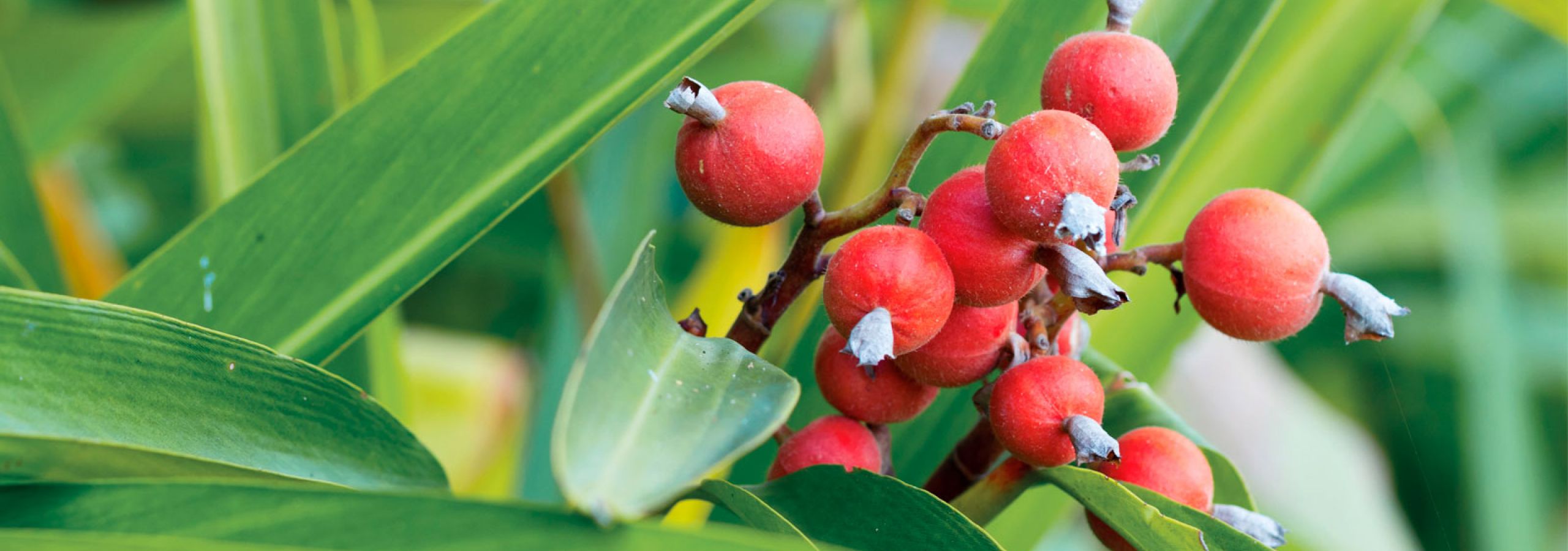
The marvelous Ashwagandha
Known as Indian ginseng, ashwagandha (Withania Somnifera), also called bufera or great weed Berry, is a Solanaceae plant used throughout centuries as a rejuvenator and daily tonic.
In Sanskrit, its name means “horse aroma” because of its scent. It’s a powerful rasayana (rejuvenator) in Ayurveda, the traditional Indian medicine.
Ashwagandha is a perennial herb that reaches 75 cm in height and its roots are light brown. It’s cultivated in the dry regions of India, Nepal, China and Yemen. The root is separated by hand and it’s processed to get powder extract.
It’s one of the plants with the biggest phytochemical composition and its most important bioactive elements are alkaloids such as withania. Even so, Ashwagandha’s biggest benefits derive from the synergy of all its components.
In case of any stressful situation, the suprarenal glands, which are situated over the kidneys and are in charge of metabolism, release cortisol. When levels of this hormone are high, hormones and neurotransmitters get thrown off balance, triggering deficient sleep, anxiety and bad mood. Sugar, cholesterol, blood and pressure levels are also affected, as well as the immune system. Cortisol even increases the storage of body fat, especially around the waist.
In a recent double blind study which included 64 adults, in which half of the patients were given 300 mg of ashwagandha root extract twice a month over a period of two months, and the other half got a placebo, it was shown that the patients that were given ashwagandha, had lower cortisone levels, less anxiety and stress, slept better and reported higher productivity.
Ashwagandha and energy
Aswaghanda is a strong adaptogen, which means it helps to reestablish organ and system functions. It keeps the brain and hormone producing glands, like thyroids, in harmony.
Ashwagandha and antioxidants
Ashwagandha also increases the antioxidant called glutathione, essential for healthy cell development and bodily detoxification, especially the tissues that experiment wear and are in contact with free radicals. As we get old, levels of glutathione in the brain and blood flow towards the hippocampus, the central part of the brain, decrease, which causes brain damage.
Ashwagandha, memory and mood
It increases a protein in the liver which enters the blood torrent and reaches the brain, eliminating the toxic myeloid plaque which gets accumulated.
It helps slowing the deterioration of the brain cells, backing up cognitive function and the reconstruction of nerve and brain cells. By doing that, it alleviates anxiety and stress, reestablishes sleep and memory, and improves the mood.
It helps one to feel renovated and able to handle everyday stress; to feel more energetic and alert across the whole day. One will have less cravings and therefore will have greater control of their nourishment. One will feel more relaxed and will have a renovated sexual energy. One will feel more rested since sleep is deeper, as well as more lucid, productive and will have better memory.
Written by: Ravi Chandra



